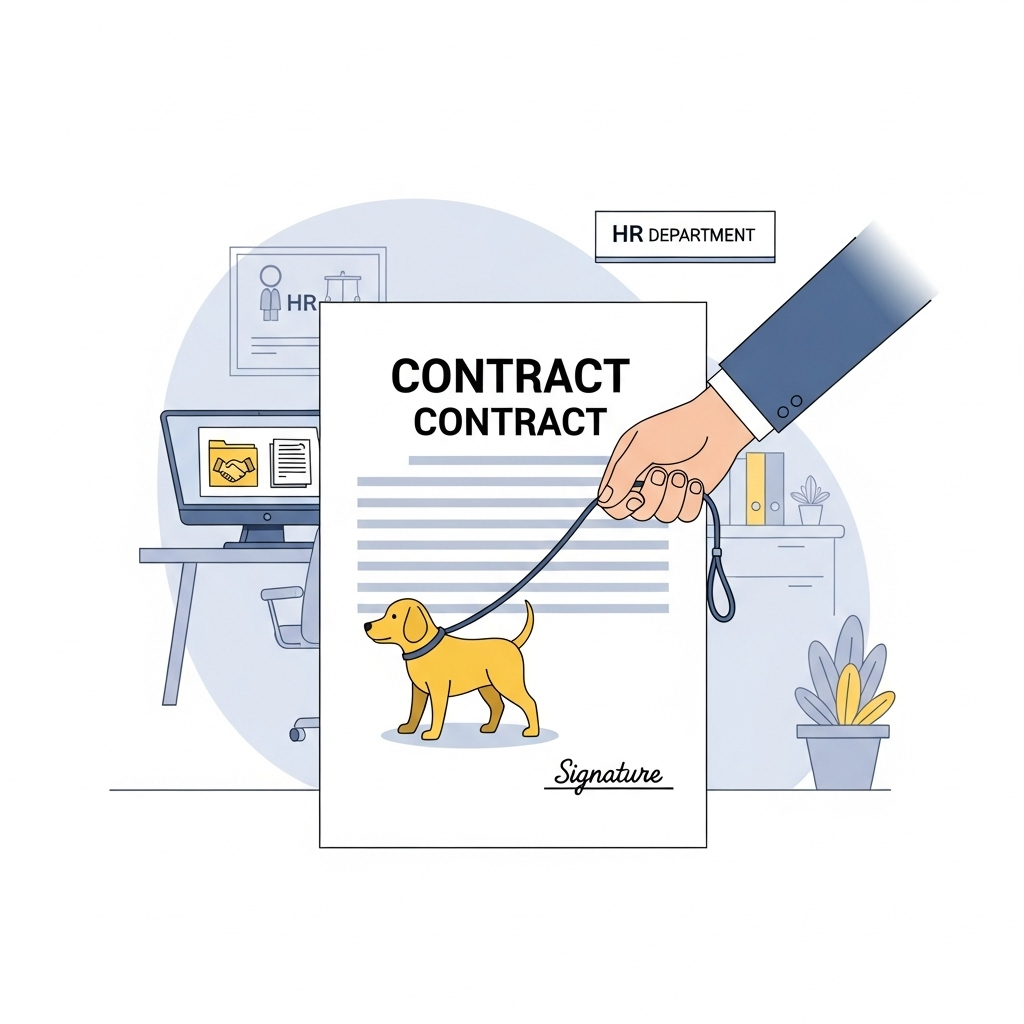Definition
A Professional Code of Ethics Policy is a set of guidelines that outlines the ethical principles and standards expected from all members of an organization, including employees, contractors, and stakeholders. Think of it as a roadmap that guides behavior and decision-making, promoting honesty and integrity in every interaction. By establishing these standards, your organization fosters a culture of accountability and trust, making it easier for everyone to navigate ethical dilemmas when they arise.
Key Components
Creating a robust Professional Code of Ethics Policy means considering various elements that reflect your organization’s values. Here are some essential components to include:
- Integrity and Fairness: Encourage honesty and transparency in all dealings. For instance, if an employee is working on a project with a vendor, they should disclose any potential conflicts of interest, such as a personal relationship with someone at that vendor company.
- Confidentiality and Privacy: Stress the importance of safeguarding sensitive information. A good practice here is to ensure that all employees understand how to handle personal data, especially when dealing with client records or proprietary company information.
- Respect and Inclusion: Cultivate a diverse workplace by encouraging respect for all individuals. For example, implementing regular training sessions on diversity and anti-discrimination can empower employees to create an inclusive environment.
- Compliance with Laws and Regulations: Make it clear that everyone must adhere to legal standards. This can include training on industry-specific regulations or providing resources for employees to understand compliance requirements.
- Reporting and Accountability: Establish clear protocols for reporting ethical concerns. Encourage employees to speak up about any suspected violations without fear of retaliation, perhaps by creating an anonymous reporting system.
Importance in the Workplace
A Professional Code of Ethics Policy isn’t just a nice-to-have; it’s essential for maintaining a healthy workplace culture. Imagine a scenario where an employee witnesses a colleague engaging in unethical behavior, such as falsifying expense reports. Without a clear ethics policy, that employee might feel unsure about how to report the issue, potentially leading to a toxic environment where wrongdoing goes unchecked. Conversely, with a well-defined code, employees can feel confident in addressing such issues, knowing they have the backing of their organization’s ethical standards. This not only protects the organization’s reputation but also reinforces a culture where everyone feels responsible for upholding integrity.
Best Practices
Implementing a Professional Code of Ethics Policy effectively requires some thoughtful strategies. Here are some best practices you can follow:
- Involve Employees in Development: Engage employees at all levels when crafting the policy. This inclusion helps ensure that the code reflects the collective values of the organization and increases buy-in from staff.
- Regular Training and Refreshers: Don’t just hand out the code of ethics and forget about it. Schedule regular training sessions to keep the principles top of mind and provide real-life scenarios for discussion.
- Leadership by Example: Leaders should embody the ethical standards set forth in the policy. When management demonstrates commitment to ethical behavior, it sets a powerful example for everyone else.
- Establish a Clear Reporting Mechanism: Ensure that employees know how to report ethical concerns, whether through designated personnel or an anonymous hotline. Make it as easy as possible for them to voice their concerns.
- Regularly Review and Update the Policy: Keep the code relevant by reviewing and revising it periodically. This allows your organization to adapt to new challenges, regulations, or societal shifts.
Legal Considerations
When drafting a Professional Code of Ethics Policy, it’s crucial to be aware of legal implications. For instance, failure to comply with labor laws, anti-discrimination statutes, or data protection regulations could result in legal action against your organization. It’s advisable to consult with legal experts while developing your policy to ensure it aligns with all relevant laws. Additionally, make sure to include a disclaimer that the policy is not a substitute for legal advice, which can help mitigate any misunderstandings.
Conclusion
Understanding the significance of a Professional Code of Ethics Policy is vital for both HR professionals and employees. Not only does it lay the foundation for ethical behavior within your organization, but it also empowers individuals to act with integrity and confidence. By fostering a culture of accountability, you’re not just protecting your organization’s reputation; you’re also creating a positive and productive work environment where everyone can thrive. So take the time to develop this essential policy—it’s an investment in your organization’s future!




